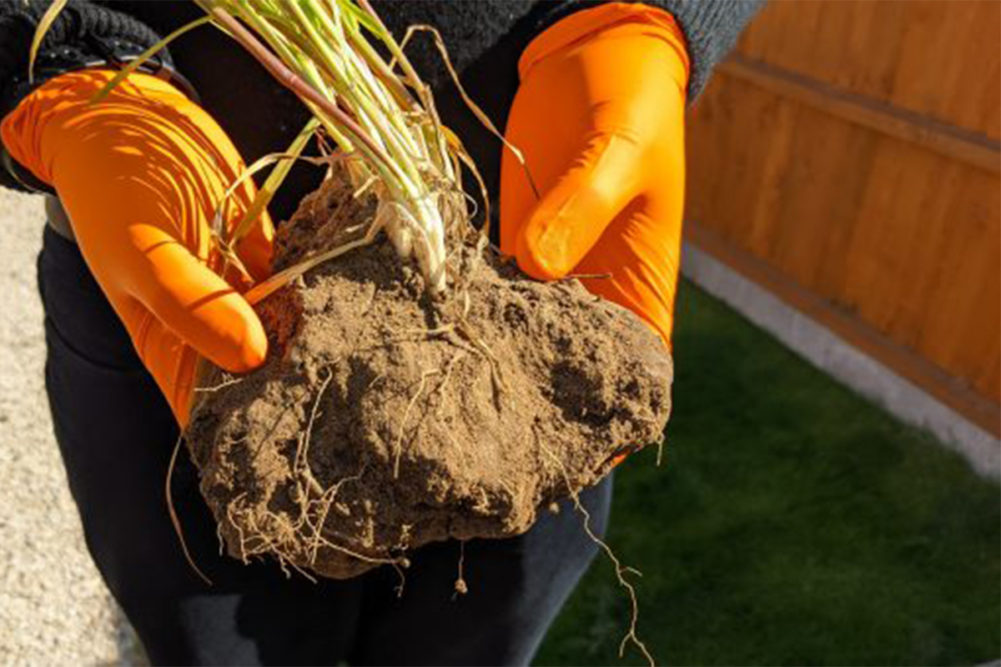NORWICH, UNITED KINGDOM — A project involving 20 lines of wheat planted in six different countries will look to identify wheat traits that support a more sustainable use of land by improving soil microbial biodiversity, nitrogen cycling and soil structure. It aims to provide genetic resources and predictive models to breeders and other stakeholders, which could lead to the introduction of beneficial root traits in wheat production.
A team at the Norwich-based John Innes Centre will coordinate the project, which will take place over two consecutive wheat seasons in Belgium, Germany, Italy, South Africa, China and the United States. The project also involves the WISH-Roots Consortium, which works with the wheat root microbiome and is funded through EJP Soil, a European Joint Programme, and through the Biotechnology and Biological Sciences Research Council (BBSRC) in the United Kingdom.






